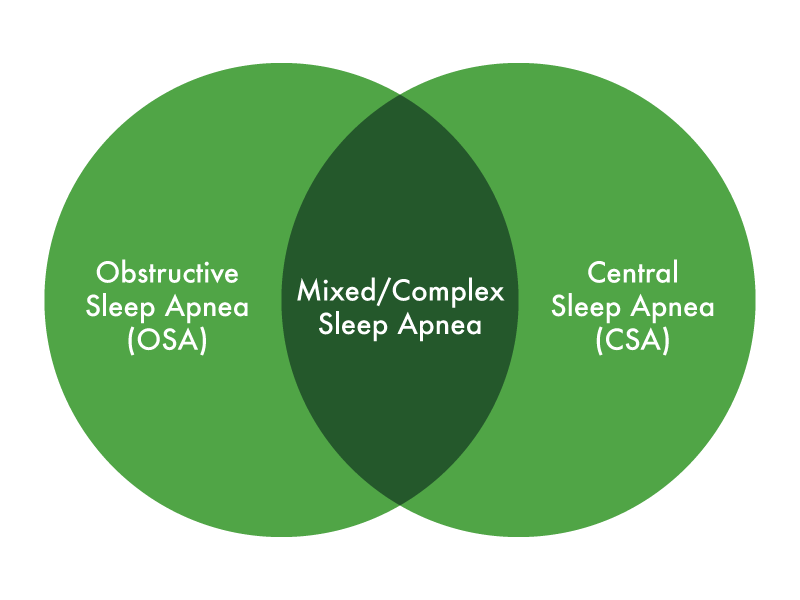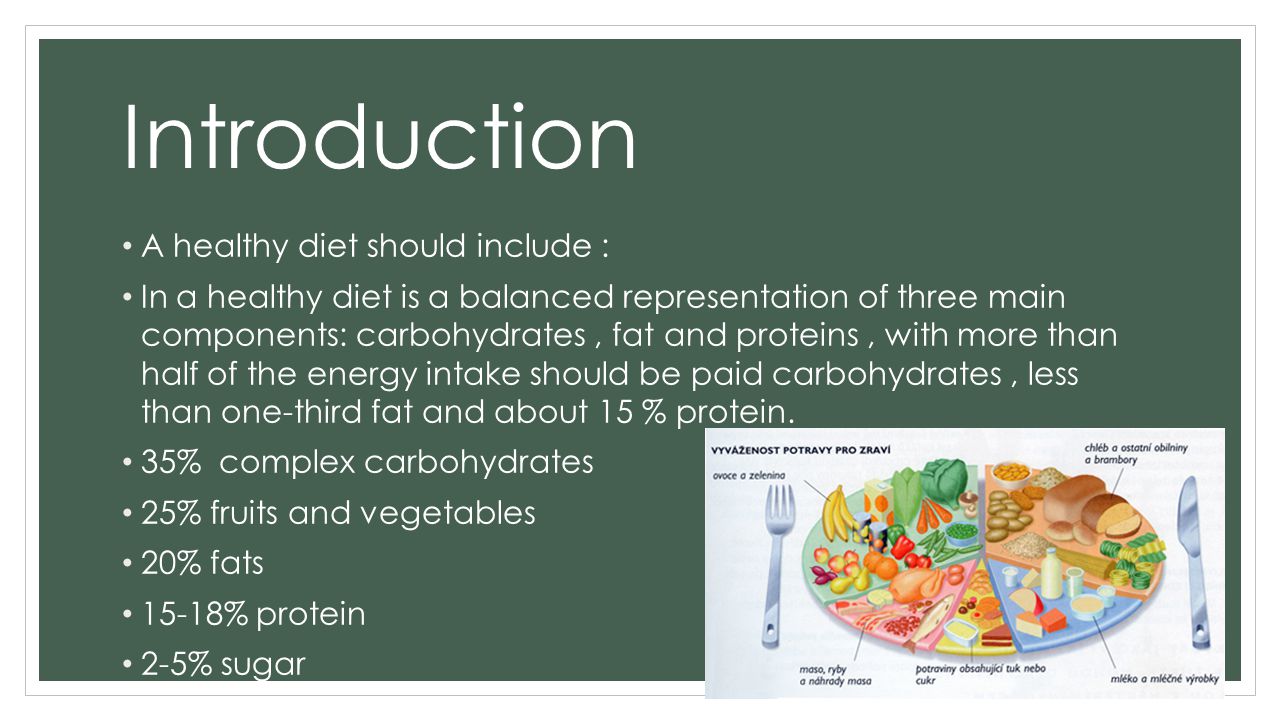What is sleep apnea, causes, and symptoms?
Sleep Apnea is a serious disorder of sleeping in which breathing repeatedly stops or starts. After a long sleep in the night, you snore loudly and feel tired, you might have sleep apnea.
What are the main types of sleep apnea?
There are mainly three types of sleep apnea:
- Obstructive sleep apnea
- Complex sleep apnea
- Central sleep apnea
1. Obstructive Sleep Apnea: This is the most common form, it occurs when throat muscle relaxes.
2. Central Sleep Apnea: It occurs when your brain signals don't send proper signals to muscles.
3. Complex Sleep Apnea: It occurs when one person has both obstructive as well as central sleep apnea.
What are the symptoms of Sleep Apnea?
The symptoms of Obstructive and Central Sleep Apnea are overlapping. The most common symptoms of obstructive and central sleep apnea include:
- Loud Snoring
- Gasping of air during sleep
- Morning Headache
- Difficulty staying asleep
- Hypersomnia
- Irritability
- Difficulty paying attention while awake
What are the causes of sleep apnea?
The Causes of Sleep Apnea are:
Obstructive Sleep Apnea: This occurs when the muscle of throat relaxing. When the muscle relaxes, As you breathe in air, your airway closes. You can't get the exact air, which can lower the level of oxygen. Sleep apnea has many different possible causes. The most common causes the obstructive sleep apnea is excess weight and obesity associated with the soft tissue of the mouth and throat. During sleeping throat and tongue muscles are more relaxed, these soft tissues can cause the airway to becomes blocked.
In children, causes the obstructive sleep apnea, often include enlarged tonsils and dental condition such as a large overbite. Although childhood obesity may cause obstructive sleep apnea, it's much less commonly associated with the condition than adult obesity.
Symptoms: Obstructive sleep apnea includes are:
. Excessive daytime sleepiness
. Loud snoring
. An observed episode of breathing cessation during sleep
. Abrupt awakening accompanied by gasping and choking
. Awakening with a dry mouth or sore throat
. Morning headache
. Difficult concentrating during the day
. Experiencing mood change, such as depression
. High blood pressure
. Nighttime sweating
. Decreased libido
Central sleep apnea: Central sleep apnea is a sleep disorder in which breathing stops over and over during sleep.
Causes: Central sleep apnea result when the brain temporarily stops sending a signal to the muscles the controlled breathing and condition occur the people the certain medical problems.
Condition:
. problems affect the brainstorm, include the brain infection, stroke, and conditions of the cervical spine
. Severe obesity
. Central medicines, such as narcotic painkiller
If the apnea is not associated with another disease, it is called idiopathic central sleep apnea. Central sleep apnea is not the same the obstructive sleep apnea. Obstructive sleep apnea, the breathing stops and starts because the airway is the narrowed and blocked. But a person can have both conditions, such as a medical condition, such as a with a medical problem called obesity hypoventilation syndrome.
Symptoms: people with central sleep apnea have an episode of disrupted breathing during sleep and include are:
. Chronic fatigue
. Daytime sleepiness
. Morning headaches
. Restless sleep
Other symptoms may occur if the apnea is due to problems with nervous systems. Symptoms depends on the parts of the nervous system that are affected and may include:
. Shortness of breath
. Swallowing problems
. Voice change
. Weakness or numbness throughout the body
obstructive and central is a combination of the two is called mixed sleep apnea. In many cases, it observed the family members and include the five episode treatment of lifestyle change, mouthpiece, breathing device, and surgery.
Lifestyle change: lifestyle change may include avoiding alcohol, losing weight, stopping smoking and sleeping on one's side.
Breathing device: breathing device include the use of a CPAP machine, without treatment, the sleep apnea may risk of heart attack, stroke, diabetes, heart failure, irregular heartbeat, and obesity.
Symptoms: Complex sleep apnea also includes the:
. "Executive functioning" the way the person plan and initiates tasks.
. Paying attention, working effectively and processing information when in a waking state.
. Using memory and learning.
















0 comments:
Post a Comment